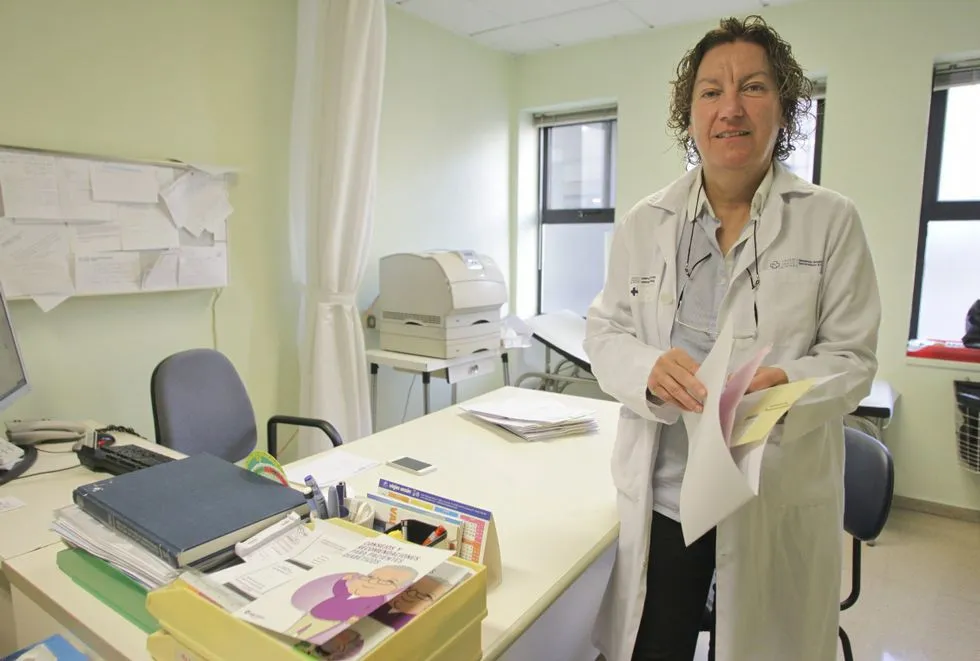The head of the Chuac Endocrinology Service, Dr. Teresa Martínez Ramonde, offers tomorrow afternoon, at 8 pm in the Auditorium of Refoundation, in the large canton, a conference in which she will address the different aspects surrounding diabetes, disease that is increasingly suffering from a greater number of people.The appointment is part of the healthy talks organized by the Xestion integrated in collaboration with the voice of Galicia.Admission is free, until capacity is completed.
-What prevalence do you currently have diabetes?
-Tas and the International Diabetes Federation (IDF) estimate that the current diabetics number in the world is between 194 and 246 million, but this figure will increase in the coming years and will range between 333 and 380 million in 2020. We must first differentiate between the types of diabetes.The best known and frequent are type 1 or jujvenile infant and type 2, also called adult, although there are other types.In general, the above data refer more to type 2 diabetes, as it is the most prevalent.Anyway, the incidence of type 1 diabetes also increases throughout the world between 2 and 5 % each year.This increase is also especially important in smaller children.
-What is this increase in cases?
-In type 2 diabetes is mainly due to excess weight and sedentary lifestyle.But in the case of type 1, in the smallest, we do not know their origin or if there are some factors that can cause their appearance.
-Can we prevent diabetes?
-In the case of adult diabetes, yes.With healthy habits, such as a healthy diet, controlling the weight and doing moderate exercise.But we have no way to prevent it.
-Do age or genetics in the appearance of the disease?
-It has been related to the family history of autoimmune disease or type 1 diabetes. As for age, it is true that type 2 is usually more frequent in adults and 1 in children and adolescents, but both may appear at any age.And regarding genetics, the 2 does have a certain relationship, but 1, although there is a family predisposition component, we cannot affirm that there is a direct genetic relationship.
-What symptoms can alert us to suffer from diabetes?
- It is complicated, because type 2 may take years to show those symptoms, which would be the excess thirst, urine and hunger accompanied by weight loss.That is the typical symptomatology of excess glucose.
-Ance that delay in showing the symptoms, should we maintain frequent control of our glucose levels?
-For the common citizens it is not necessary, although the routine measurement of glucose in usual analytics usually allows the diagnosis of many diabetes before they begin to give problems.What we should keep in mind is that from a certain age -40 years - the risk of type 2 diabetes increases in those who have a family history or present pictures of obesity, sedentary lifestyle and other risk factors.
Teresa Martínez Ramonde Head of the Chuac Endocrinology Service


